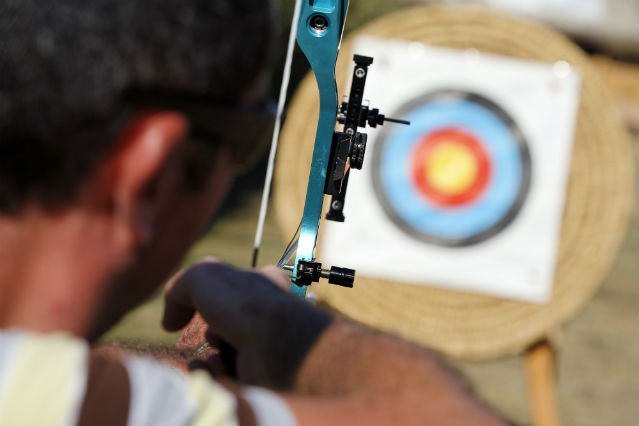Bidding to Host a Mega-Sporting Event
01 May 2014

Countries and cities bidding to host a mega-sporting event (MSE) like the Olympics, FIFA World Cup or Commonwealth Games are usually elected 7 or 8 years before the event itself takes place. The bidding process normally starts a year or two beforehand, when the sports governing body (e.g. the IOC or FIFA) publishes a detailed questionnaire, outlining the process and timeline. About one year later a handful of candidate nations / cities are selected. These are then given several months in which to submit a candidature file.
At a minimum, the candidature file must comply with various requirements set by the sports governing body. However, the host city or government very often has an opportunity to set the tone of its own bid. This is a critical point in the MSE lifecycle, especially if the candidate city / government wishes to tread new ground, for instance by placing human rights at the centre of its bid.
This report outlines the challenges that arise when it comes to incorporating human rights into the MSE bidding process. It also considers various responses by host cities to date, covering the Vancouver 2010 Winter Olympics, London 2012 Summer Olympics, and the Norwegian Bid for the 2022 Winter Olympics.
The material in this report was originally written for the www.megasportingevents.org website to expand on and advance the research contained in IHRB’s 2013 report “Striving for Excellence: Mega-Sporting Events and Human Rights”. It is accurate and up to date as of May 2014. The www.megasportingevents.org website has since been updated and the original content replaced. The original content has been archived into this series of short reports to maintain their usefulness as early contributions to the body of research on mega-sporting events and human rights.
